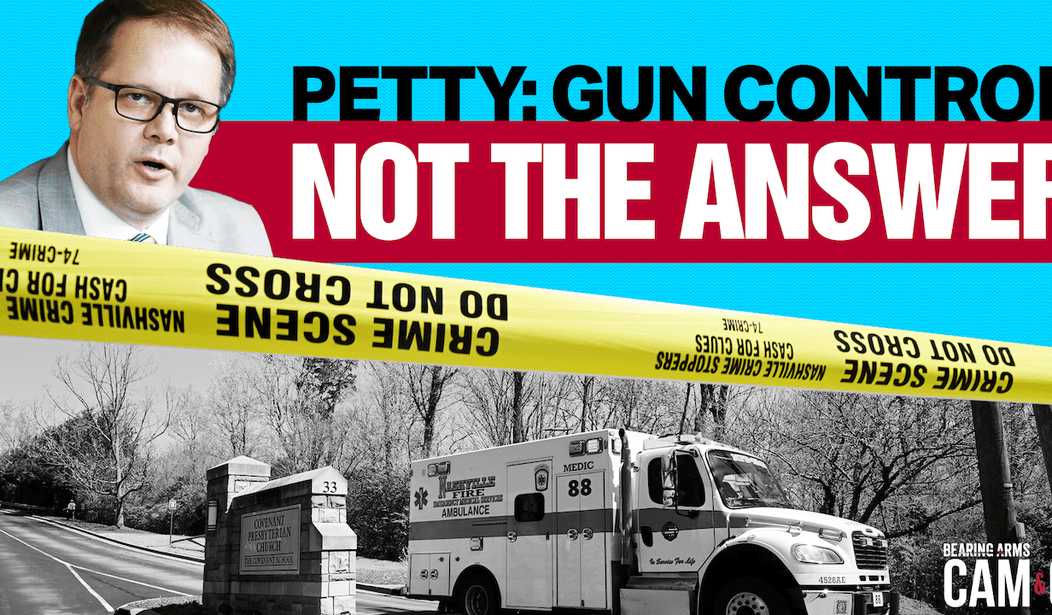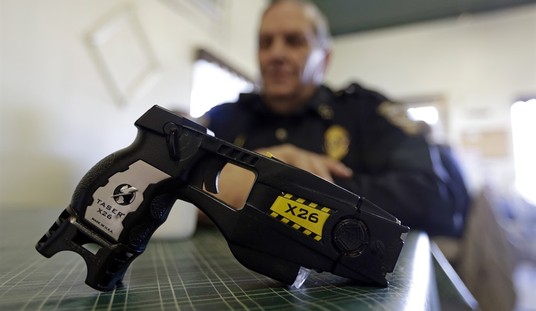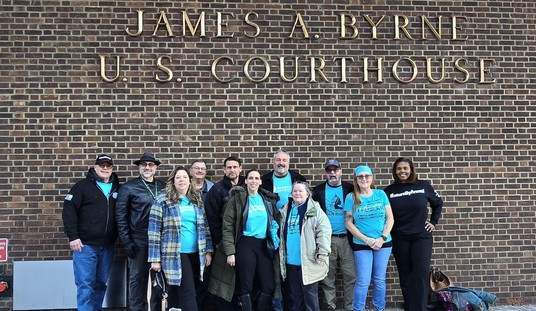We’re doing things a little differently on today’s Bearing Arms’ Cam & Co. Our armed citizen story, good deed of the day, and recidivist report will return tomorrow, but today I’m sitting down with my friend and Bearing Arms contributor Ryan Petty for an in-depth conversation about the murders at Covenant School in Nashville, why gun control isn’t the magic solution gun control activists claim it to be, and what really works to keep kids safe on campus.
Petty never wanted to be an expert on these topics, but after his daughter was murdered at Marjory Stoneman Douglas High School in Parkland, Florida in 2018 he has been on a mission to help prevent these types of targeted attacks going forward. Petty was a part of the commission established by then-Gov. Rick Scott in the wake of the shootings to improve school safety and security, and has continued his efforts in the years since. He’s currently one of five members of the Florida Board of Education, as well as the co-founder of the Walk Up Foundation; a non-profit whose mission is to “improve the safety and security of our nation’s schools through evidence based prevention programs.”
Over the past five year Petty has spent countless hours trying to improve the safety and security of kids on campus, and nothing that he’s seen during that time has convinced him that a gun control-centered response is the right way to go.
“Yes, these things are preventable. No, gun control is not the answer. Period,” Petty flatly stated. “I’m certain we’re going to find warning signs, and we’re likely to find warning signs that weren’t heeded. In fact, we’ve already seen some of those warnings in the form of Instagram messages. Unfortunately they were in the form of Instagram messages just moments before the attack started without sufficient time for the person who received these, a friend of the killer, to act and help police respond even quicker or perhaps even prevent this.”
Petty says that given the amount of planning that apparently went into the attack on Covenant School, he believes that we’re likely to learn of more red flags that should’ve been raised in the days before it was carried out, and based on a 2019 Secret Service report on targeted school attacks that’s a pretty solid prediction. According to the Secret Service’s research, more than 90% of individuals who planned or carried out an attack on schools in recent years communicated their intentions beforehand. When those threats are brought to the attention of school authorities or law enforcement officials in a timely manner, there’s a real opportunity to intervene before any lives are lost, and Petty says better reporting as well as behavioral threat assessments have prevented “dozens” of attacks in Florida in the years since the Parkland tragedy.
Additionally, Petty believes that there are physical changes that can be made to schools to make them harder targets, including the presence of armed school resource officers and/or school staff who can immediately respond to an active shooter threat on campus. Petty praised the quick response of law enforcement in Nashville, but noted that 14 minutes still elapsed between the first 911 call and officers neutralizing the killer.
“Fourteen minutes is an eternity in my view. My good friend Sheriff Grady Judd likes to say ‘when seconds count minutes don’t matter.’ I’ve had this happen to me, and my appeal is to parents out there. Can you imagine a killer walking through your child’s school for fourteen minutes? It’s incomprehensible, and so we’ve got to figure out how to shorten that time.”
That could include everything from replacing glass doors at school entrances with ones made of metal, providing locking classroom doors, and yes, having an armed presence in place in case of an active assailant attack. Ryan and I spoke before the Nashville police released body cam footage of their response, so he was unaware that the school was on lockdown when officers arrived, but he raised that possibility on his own, noting that there must have been some tactics deployed by the school that at least slowed down the killer. It looks like that was indeed the case, with classroom doors locked and the murderer unable to gain entry.
Those efforts undoubtably saved lives, but Petty says its also just as important to identify these individuals before they have a chance to carry out their plans. That’s ostensibly the aim of red flag laws, but Petty says he’s grown increasingly concerned about the lack of due process in issuing Extreme Risk Protection Orders. He also acknowledged that behavioral threat analysis can be controversial as well; perhaps even more so now that we’re learning about the Secret Service and FBI’s use of a secret government form to get at least 60 individuals to “voluntarily” prohibit themselves from purchasing or possessing a firearm in the future, even if they never faced formal criminal charges. I don’t believe those abuses of authority directly implicate the validity of a behavioral threat analysis, though they do demonstrate the need for clear, bright lines for law enforcement to follow and real consequences when they overstep their legitimate powers.
Perhaps the most important step we could take comes from the Walk Up Foundation that Petty co-founded; pay attention to those around you, and listen to what they have to say.









Join the conversation as a VIP Member